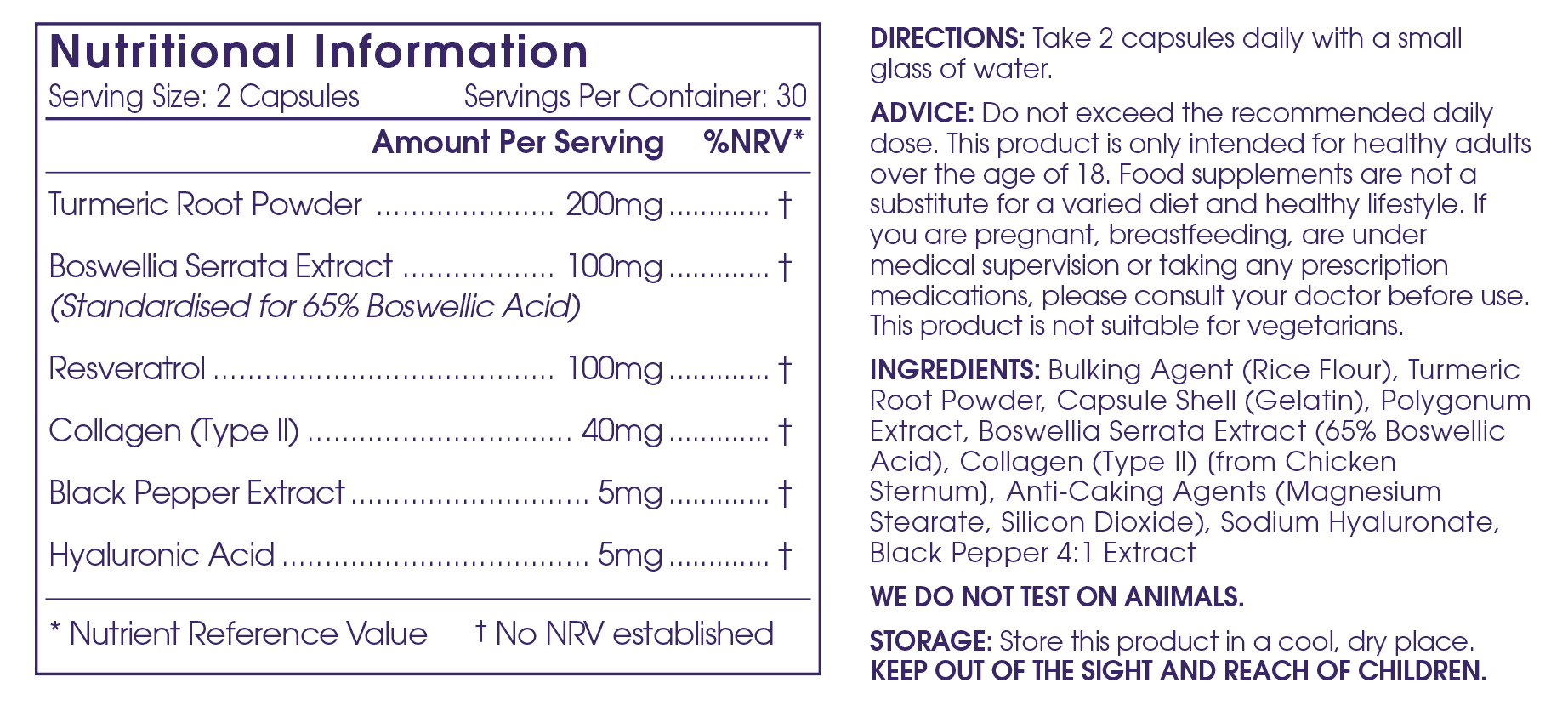Do you find yourself regularly heading to the fridge for a midnight snack? Eating late at night might not seem like a huge concern, but it can actually cause you to put on more weight, placing your joints and bones under more stress.
While it is logical to think that a calorie will have the same impact on your body no matter when you eat it, research has shown this is not the case. A study by Northwestern University in America found that eating late at night resulted in twice as much weight gain compared to those who ate the same amount earlier in the day.
Working to change your habits can help you to transform your fitness and help you to live a healthier lifestyle. As we age, excess weight can cause significant issues with our health, making us more likely to develop serious illnesses. Being overweight can also increase the discomfort and stiffness of conditions such as arthritis, reducing mobility and making it harder to exercise and burn off those extra calories.
Why eating late can cause weight gain
While it is not a fast and hard rule that eating after a certain time will cause weight gain, research has shown that it can result in higher weight gain. One prominent theory behind this is that eating late goes against our circadian rhythm. This is the internal clock we all have that informs our body when it is time to wake up in the morning, when it is time to eat, and when we should be going to bed. According to this natural body clock, the nighttime is a time for resting, not eating, so our digestive system is not as primed as it would be earlier in the day.
However, while that is one common theory, further research suggests that those who eat later in the evening tend to eat more. This is further supported by additional studies, which found that those who ate after 11pm were likely to consume over 500 more calories a day compared to those who dined earlier.
People also tend to eat less healthy food later at night. When eating late, it is far easier to choose quick and easy food options, such as snacks, sodas, and calorie-dense foods. This is partly due to there often being a lack of healthy options to choose from, but it can also be a result of eating due to stress, boredom, or anxiety.

How to stop eating late at night
While research is still ongoing to determine the exact effects of eating late on the body, learning how to reduce the habit and eat healthier can help to boost your physical and mental wellbeing. If you are struggling with late-night eating, then we have taken a closer look at some of the best ways to help you get back onto a normal eating schedule:
1. Identify why
When it comes to changing your eating habits, the first thing that you should do is identify what it is that is causing you to snack late at night. For some individuals, this could be simply because they work night shifts; however, for the vast majority, there is usually some underlying cause.
This could be due to boredom, feeling stressed or anxious, or depression. It could also be a sign of a more complex disorder such as binge eating or night eating syndrome. These conditions can see individuals craving a vast range of food, even when they might not be feeling overly hungry, resulting in increased weight gain.
When you can identify what is causing you to eat late at night, you will then be able to begin to implement coping strategies to change these habits.
2. Identify triggers
Alongside establishing what is causing you to eat late at night, you should also identify any triggers that may cause you to overeat. This could be a stressful day at work, having nothing to do, or not getting enough exercise during the day.
Being able to track your daily habits, such as the food you consume or the exercise you undertake, will help you to identify any patterns that may lead to eating late.

3. Create a daily routine
When you have been able to identify the causes and triggers of why you are eating late, you can then begin to create a daily routine to help you reduce it. Creating a structured plan of when your mealtimes are going to be will help you to spread your food intake throughout the day and reduce the feelings of hunger later at night.
It is also important to ensure that you are getting enough sleep. Studies have shown that a lack of sleep and poor sleeping habits can result in a lower quality diet and higher calorie intake.
4. Plan your meals
High-calorie, unhealthy food is often the quickest and easiest solution to cook and prepare. From pizza to fried food, grabbing a quick bite to eat can be very tempting late at night, but it only results in consuming more calories than you need.
Planning your meals more effectively will allow you to ensure that every meal is as nutritious as possible. When you plan in advance what you will be having, you will be able to cut back on those processed, high fat, and high sugar foods and swap them for healthier alternatives that continue to keep your body fueled throughout the day.
Of course, we all still like a snack at times, but instead of reaching for that bar of chocolate or bag of crisps, swap it for something healthier. Whether it is carrot sticks and dip, air-popped popcorn, or mixed nuts, opting for something more nutritious will help to reduce those feelings of hunger without loading up on calories.

5. Eat regularly
While this might seem a strange tip, research has shown that eating regularly throughout the day can help to ensure that you are not snacking later at night. Eating at regular intervals will help to keep your blood sugar levels stable and reduce those feelings of hunger and tiredness.
Individuals who have three or more regular mealtimes every day are far more likely to have better appetite control as well as be lower in weight. On the other hand, those who eat fewer than three times a day are far less likely to be able to control their appetite and cravings.
Keeping yourself healthy
Snacking late at night is an incredibly unhealthy habit that can cause significant weight gain, which in turn can place considerable pressure on your entire body, making conditions such as arthritis more severe. If you are looking to keep yourself healthy and get moving again, then JointFuel360 is here to help you.
Developed by Jupiter Laboratories, our all-natural joint supplement is designed to work alongside a healthy diet and get you moving again. Designed for anyone suffering from joint pain, JointFuel360 will help to reduce inflammation, improve flexibility, and alleviate discomfort in as little as seven days!
Want to find out more? Get in touch with our team today to find out more about our innovative supplement!












